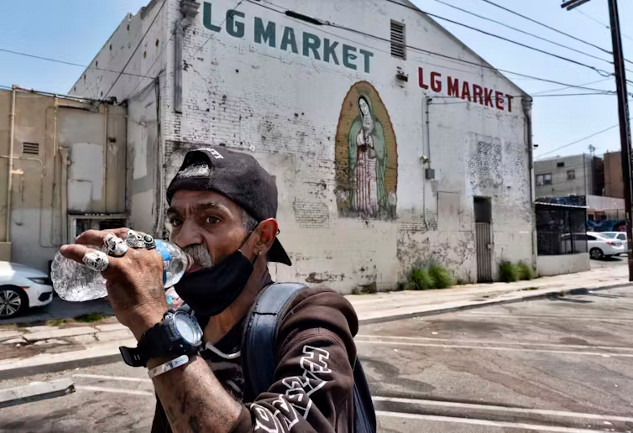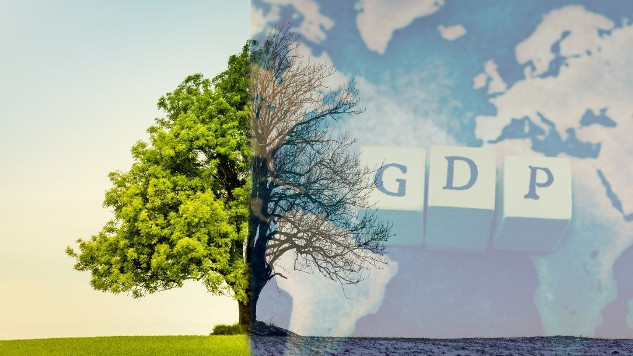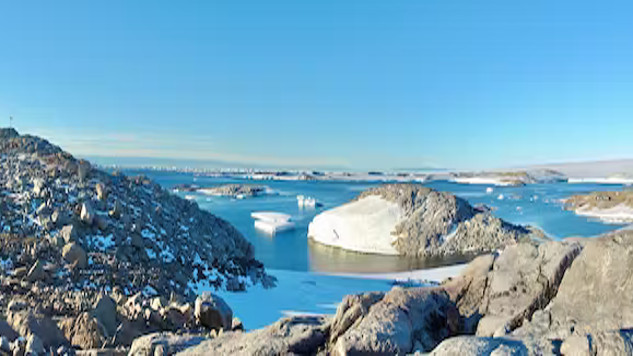
Eco-anxiety, a growing concern tied to climate change, is affecting people globally. This article explores the intersection of eco-anxiety, mental health, and how we can cope in a world increasingly affected by environmental crises. Communities most impacted by climate chaos, from Asia to the Americas, report distress ranging from grief to hopelessness. With six planetary boundaries crossed, the connection between climate and mental health is critical to understand for future action.

Homeowners across the US are facing rapidly increasing insurance premiums due to climate change and more frequent extreme weather events. Rising home insurance rates are driven by increased repair costs from hurricanes, wildfires, and floods, leaving many struggling with higher bills and reduced coverage. Learn why these changes are happening and how climate change is forcing insurance companies to adjust their policies.

Light pollution has obscured the night sky for nearly 3 billion people, but it’s possible to bring back the Milky Way by making smarter lighting choices. Shielding streetlights, using warm-colored lighting, and dimming unnecessary lights can reduce light pollution by up to 30%, as shown in cities like Canberra. These measures help save energy and restore our connection to the stars, making the Milky Way visible from major cities once again.

Canada’s June 2024 heat wave broke temperature records across the country, with new findings confirming its link to human-caused climate change. The ECCC’s rapid attribution analysis revealed that climate change made this extreme heat event significantly more likely. Understanding these connections is vital for improving adaptation efforts and preparing for more frequent extreme weather events, especially as the impacts on vulnerable populations, including the elderly, grow more severe.

As global temperatures shatter records, we find ourselves in uncharted territory and face unprecedented climate threats. The potential release of methane hydrates—an often overlooked yet potent greenhouse gas—could accelerate global warming beyond control.

Daily temperature swings can increase health risks, particularly for low-income and minority communities. Learn how large temperature variations affect respiratory and cardiovascular conditions, and who is most vulnerable.

Discover why rethinking economic mindsets is essential for climate survival. Learn how shifting economic paradigms, breaking free from the gold standard, and utilizing interest-free bonds can lead to sustainable solutions.

Practical and effective strategies for discussing climate change with relatives. This article explores scenarios and tips to foster understanding and respectful dialogue about the climate crisis.

H5N1 is known to be able to infect over 350 species of birds and close to 60 species

What is a heat dome?A meteorologist explains the weather phenomenon baking the northeast quarter of the US

‘Transformative change’: idea will be key in fight for climate and wildlife

What is transformative change? Another political buzzword? The IPBES defines it as a “fundamental, system-wide reorganisation across technological, economic...

Stock markets signal a growing gap between Canadian and American clean tech firms.

An economist explains: Textbook economics is badly flawed when it comes to climate change...

Who are today’s climate activists? Dispelling 3 big myths for Earth Month...

Food prices will climb everywhere as temperatures rise due to climate change – new research

Every day, more children discover they are living in a climate crisis. This makes many children feel sad, anxious, angry, powerless, confused and frightened about what the future holds.

How Florida’s home insurance market became so dysfunctional, so fast

20°C seems the optimal temperature for life on Earth to thrive – what does this mean in a warming world?

In 2000, Nobel Prize-winning atmospheric chemist Paul J. Crutzen proposed that the epoch known as the Holocene, which started some 11,700 years ago, had reached its end.

‘A deeply troubling discovery’: Earth may have already passed the crucial 1.5°C warming limit

Migrants can be a transformative force for sustainable development

A heatwave in Antarctica totally blew the minds of scientists. They set out to decipher it – and here are the results















